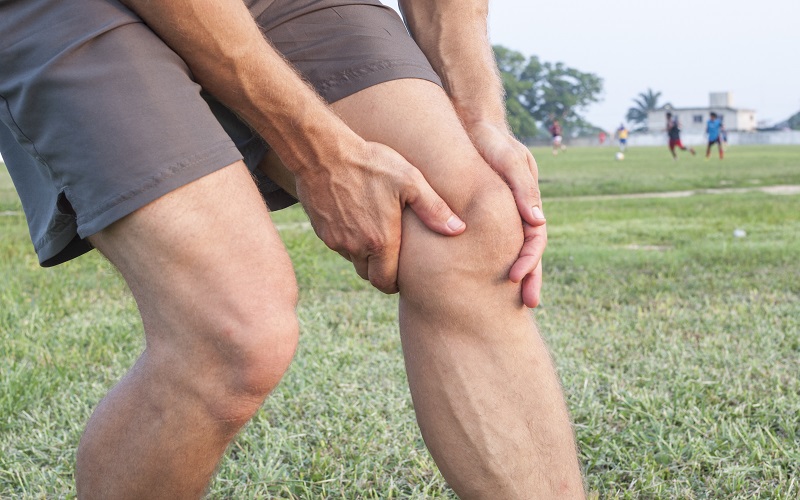
Content derived from DocTalk with Andy Ashbaugh, MD, Sports Medicine
What is Sports Medicine?
Sports Medicine focuses on physical activity and how to prevent and treat injuries and conditions related to exercise, sports and aging.
Do you only treat athletes, or do you also care for people with other conditions?
Here at Valley Medical Center, we believe that all patients are athletes. Our Sports Medicine team treats a wide variety of conditions such as arthritis, bursitis, and carpal tunnel syndrome, as well as injuries that can occur to the muscles, tendons and joints. We also treat people with a large range of physical needs, from those training for an ironman race, to those who want to walk their dog without feeling pain in their knees.
Do you treat patients of all ages? Are there any conditions not appropriate for your clinic?
We see patients of all ages. There is no upper age limit on the people we see in the clinic. In fact, I just saw a 101-year-old woman last week for shoulder arthritis. We also do not have a lower limit on ages seen in our clinic, however, based on our specialty, we typically do not see patients under the age of five.
If someone has an injury while exercising or playing sports, where should they go first for care?
There are several options for being seen after an injury. Urgent care clinics are a great place to be seen if you need to be evaluated more immediately, like if you’re exercising and you roll your ankle and are not able to put weight on that ankle, causing you to need an x-ray. If the injury is more serious, such as an open fracture, you should go to the emergency room. If you’re able to put weight on the ankle, then you should be able to self-treat it at home for a few days by icing, elevating, and keeping compression on the ankle, as well as taking ibuprofen or Tylenol to help with the pain. If you’re still having quite a bit of pain after a couple of days, you can either be seen by your primary care physician or here, in Sports Medicine.
What treatments do you offer in your clinic for injury recovery and other conditions?
We offer a wide variety of injections to help treat chronic conditions and overuse. We do:
- Cortisone injections: These can be very helpful for an arthritic joint, or a bursa that is acutely inflamed and painful.
- Artificial joint fluid injections: These can really help knees function better, move better, and is akin to getting an oil change for your knees.
- Platelet Rich Plasma Injections: A PRP injection can be very helpful in more long-term pain control–for instance in joints with mild arthritis or chronic tendon issues, whether it is related to a partial tear or overuse.
How does ultrasound help with injection procedures?
We have an ultrasound we use to help guide our injections. This allows us to get the needle into the precise location of the problem and makes sure that the medicine gets right where it needs to be. This has been shown to make the injections less painful and more effective.
If people are returning to activities after the pandemic, what are your recommendations? With the pandemic hopefully coming to an end, more and more people are getting out there, exercising more, and participating in sports. I advise that you start slowly and gradually build up to the levels of activity that you were at before the pandemic. If you go straight back to the intensity you were doing before the pandemic, there is a higher risk of injuring tendons, muscles, and joints. Before you start exercising, make sure you warm up well to loosen your muscles and joints. When you’re done exercising, spend the time to stretch them out as well. If you’re sore after exercising, remedies like icing, stretching, and taking medications like ibuprofen and Tylenol can help quite a bit. If these treatments don’t help, we’d be happy to see you in the Sports Medicine Clinic.

